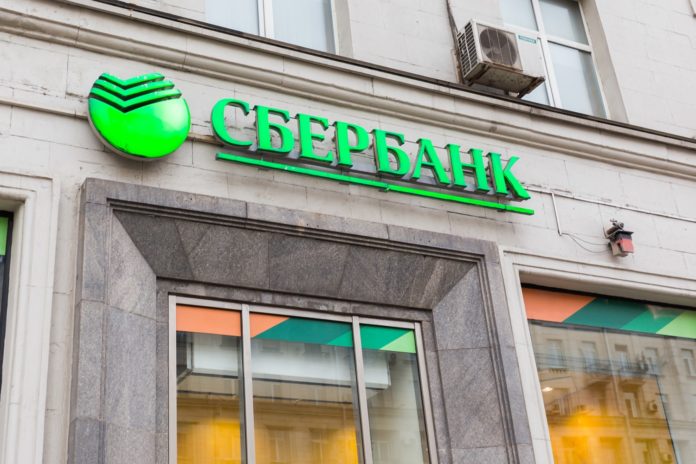[ad_1]
Sberbank, the largest bank in Russia, has bought about $15 million worth of accounts receivable from the Singapore-based commodity trading giant Trafigura using a blockchain.
The pilot transaction was made on the Hyperledger Fabric platform, a spokesperson for the bank said. It took advantage of Fabric’s private collections feature, which can keep a certain set of data confidential among a subset of network participants.
The system piloted by Sberbank leverages smart contracts written in the Scala language, using the Aurelia framework and Sberbank’s own cloud solution, SberCloud. It takes one second to form a block of complete transactions, the company claimed.
The deal was revealed last week during the Eastern Economic Forum in Vladivostok, Russia, by Sberbank’s first deputy chairman Alexander Vedyakhin, but the size and technical details were not made public at the time.
The receivables acquired by Sberbank were owed to Trafigura by a large client from Turkey.
In his press statement, Vedyakhin said the technology helped make document flow more efficient, reducing the time needed to complete a deal “from one day to one hour.”
“Our blockchain pilot project records every step of the transaction: request for purchase of receivables, application processing and its approval with the bank, issuing the bank’s offer, confirmation of terms by Trafigura, and settlement of the transaction,” Vedyakhin said.
‘Ongoing evolution’
The pilot demonstrated the progress made by the blockchain tech in general and its value for the global business use cases, Sberbank said.
“What we see in 2019, and in this pilot in particular, is an ongoing evolution of this tech, from a promising but not yet developed technology into a more advanced and mature solution ready to live up to its initial disruptive image,” the bank’s spokesperson said, adding that Sberbank and Trafigura are considering expanding the use of blockchain in global trade finance.
A Trafigura spokesperson told CoinDesk that “the transaction flowed seamlessly between Sberbank and Trafigura,” and the two companies are discussing how they can use the tech for other use cases.
Sberbank’s blockchain lab previously used Hyperledger Fabric while investigating the opportunities of distributed ledgers: in November, the bank completed an off-exchange repurchase agreement deal with the Cyprus branch of the Russian investment company Interros.
In 2017, Sberbank launched another pilot, in which a payment involving the Russian companies MegaFon, MegaLabs and Alfa-Bank was recorded on a distributed ledger using Fabric.
Sberbank is also a member of the Fintech Association, a consortium backed by the Russian central bank that’s working on ethereum-based enterprise platform dubbed Masterchain.
Sberbank image via Shutterstock
[ad_2]










